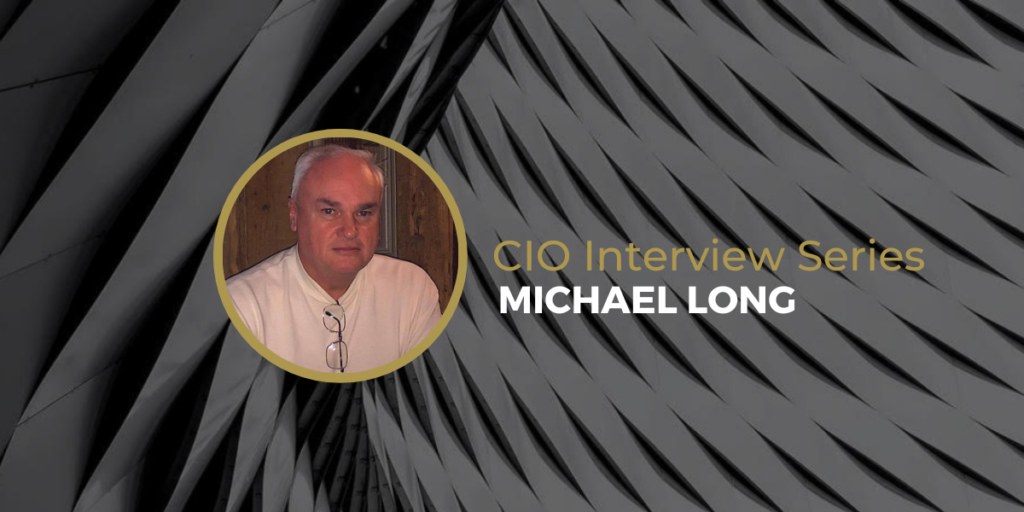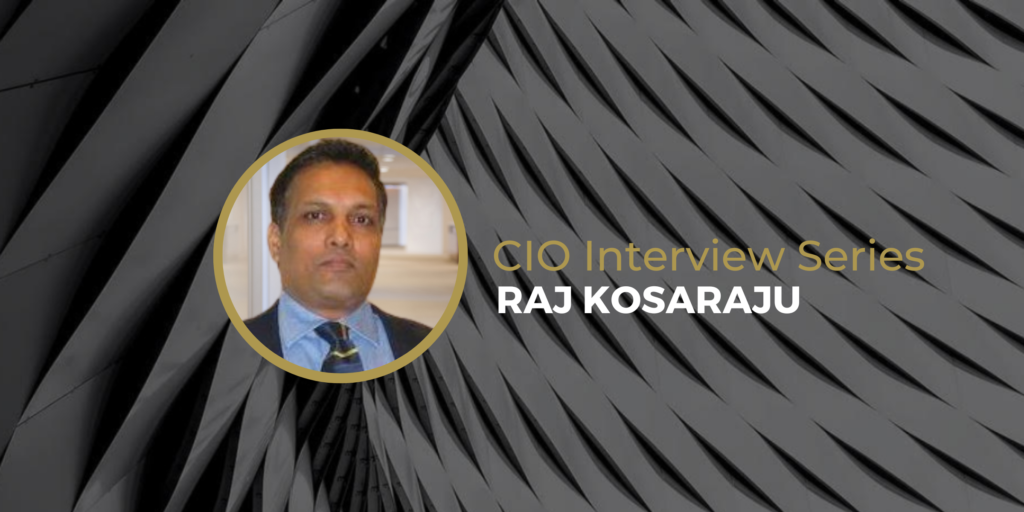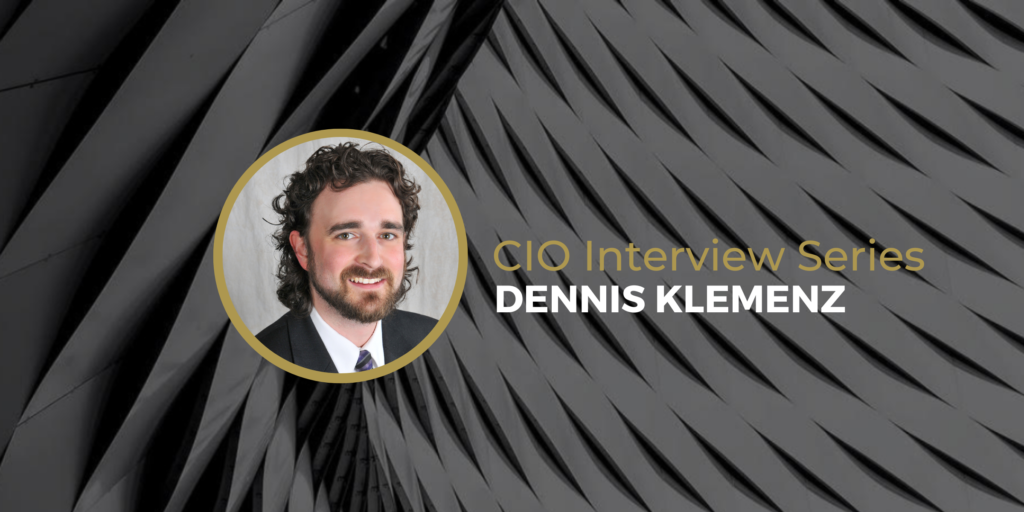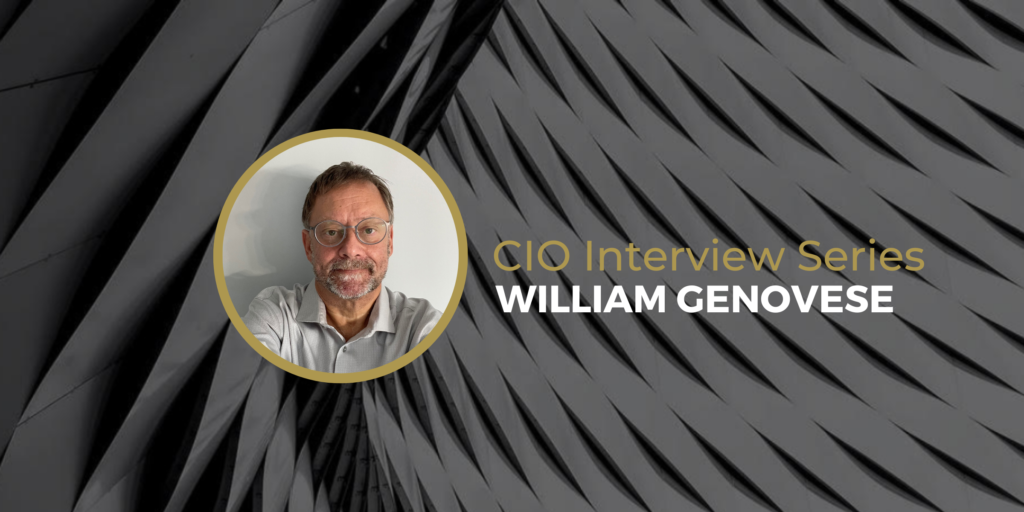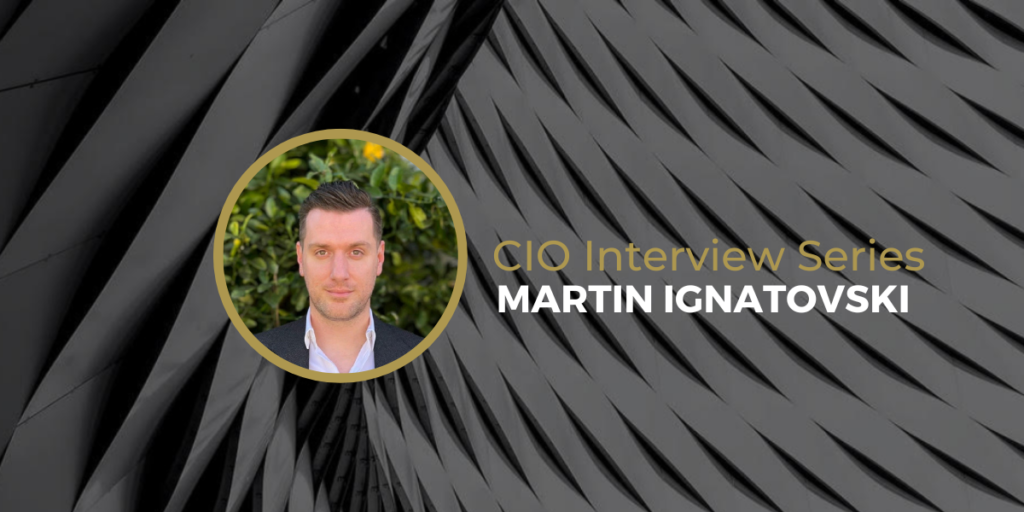Laura Walsh
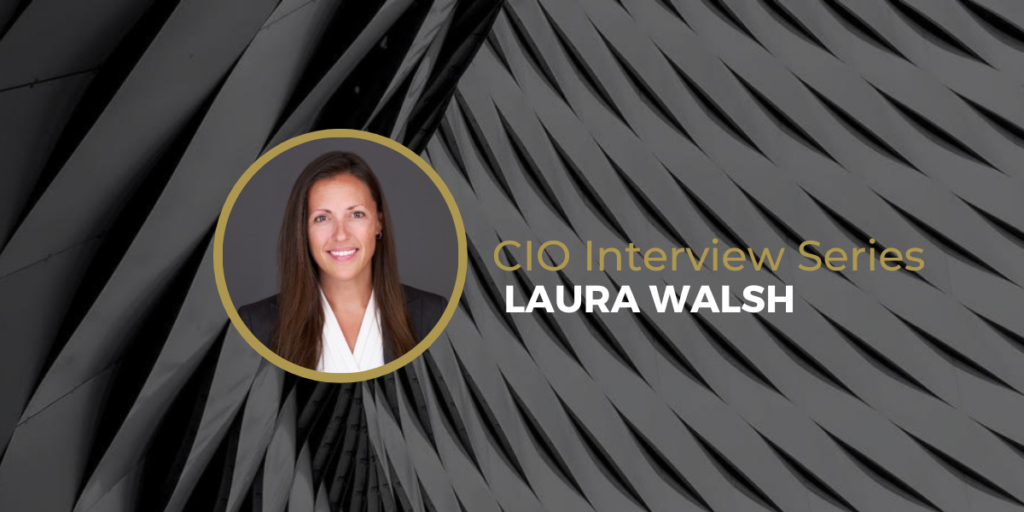
CIO at Smithfield Foods
Can you please provide a little introduction about yourself
I live in Virginia with my family. We love music, to travel to new places and be active. Yoga and orchestral film scores are two of my favorite things. My husband enjoys cars and science-fiction and my two-year-old son enjoys his trucks and trains.
My entire career has been in Technology, enabling and supporting (very different types of) Manufacturing and Production companies. I achieved my first CIO role “earlier” in my career and have been a CIO for the past 9 years. I consider myself a transformative leader – finding roles where I can help drive “big change” through Technology programs that make meaningful impacts to business operations. I support the Technology Business Management board as one of their Executive Directors to help CIOs implement financial discipline to gain business value from their technology investments and I also am an Adjunct Professor at Southern Connecticut State University teaching Business Information Systems. When it comes to Technology, you could say I’m “all in”.
What has your journey to your position been like? What path have you taken?
My first Corporate job was (very glamorous) scrubbing Master Data in SAP for a chemical company. I went on to take different responsibilities on the HelpDesk, in IT Security and eventually a Project Coordinator role that helped establish an offshore competency for an SAP development partnership. Throughout the years I gained a well-rounded and growing scope of responsibilities via roles in Project Management and IT Leadership. In these roles I delivered technology and security solutions for on the vendor side (EMC) and internally at various Manufacturing and Production companies. The key deployments that helped accelerate my career were Enterprise Resource Planning and establishing structures to deploy Technology Strategies and execute Merger & Acquisitions. Immersion in these three areas helped me gain a deep understanding of the people and business I was supporting and ultimately my contributions grew. Connecting to my businesses allowed me to be seen as a leader in the company not only a leader in technology.
Has it always been your vision to reach the position you’re at? Was your current role part of your vision to become a tech leader?
When I started my undergraduate degree, my focuses were Management Information Systems and Information Security. It is fair to say that I knew then that I wanted a top leadership role in Technology. During my time at University, I was tempted to consider Legal or Psychology competencies from time to time, but I always came back to my original focus. Since I made that decision, there’s been no turning back. The innovation that I have seen in Technology throughout my career is remarkable. Technology is a field that works well with my way of working, always pushing for improvements, challenging the status quo, automating mundane jobs and encouraging employees toward next level thinking. It is a lot of fun to work in a space that keeps pushing you to be forward thinking and competitive – and shouldn’t work be challenging and enjoyable?
Have you had a role model or mentor that has helped you on your journey?
My greatest source of inspiration from childhood through today is my family. My mother taught me the importance of leading with genuine empathy and compassion. These traits have generated friendships from professional relationships. She taught me (and still does) the core traits to be practical and balanced. I always feel her support and when you have true support from others, there is little that you cannot accomplish.
My father pushes me to this day to achieve greater things. Early on, he showed me a world where it was normal to see that women are successful at all levels. I will never forget the “Take your daughters to work day” events. In GTE’s Boardroom, female executives came and inspired the younger generation. Because of this competitive drive and foundation encouraged by my father, it has never occurred to me that there was ceiling for my career.
My family gave me the confidence that hard work, responsibility, loyalty and genuine care for others were the equation to success. Professionally, there are many mentors and friends that I have gained advice from throughout the years.
How do you see the role of the technology leader evolving over the next 5 years?
Our day is finally here. Technology leaders have been discussing how we can get a “seat at the table” for decades. Now we are hearing CIOs are being considered for THE seat at the table. It shows how critical Technology has become to organizational success.
The next five-year evolution will build on the critical nature of Technology for operations, automation, mobility, and device and data intelligence; and likely result in smarter and more efficient solutions that require less intellectual capital and result in more ease of use and automated labor. Advanced intelligence and analytics engines will encourage us to think differently about quickly combined datasets that were once isolated – encouraging us to consider more efficient operational planning scenarios and the personalization of consumer, or employee experiences. Each industry will have numerous use cases on how to use the large volumes of data that are becoming increasingly easier to analyze and leverage. Sound familiar? It should. The concepts listed above have always been core to strategic Technology growth. The conversations now are pushing us to be even more intelligent and faster to market.
We must also not forget about Cybersecurity, system availability and data protection. The focus on evolving smarter technologies that protect individuals and organizations should remain a priority.
What skills do you think leaders of the future will need in order to thrive?
A credit to Peter Drucker and his sentiment, “innovate or die”. If we look at the list of Fortune 500 companies around 50 have survived since the mid 50s. I see three necessary things to be effective in an increasingly dynamic marketplace: – The courage to innovate, fail fast, learn, repeat and remain relentless- The institution of good deployment and change management competencies – Most importantly, rewarding servant leadership and employee-level empathy. Our focus on “whole people” has never been more important. Compensation is no longer ranking toward the top of the list of motivational priorities. The workforce is becoming increasingly interested in knowing their work matters and there is a meaningful connection with them and their company’s purpose and values. Technology advancements has made work from anywhere the new reality, and we need to help define work life balance in a way where we all win.
How do you keep current with new skills, technologies and personal development?
Over the years I have had the opportunity to build a strong network of Technology professionals. Between live and virtual networking events, independent research and learning endlessly from the niche technical expertise of my colleagues, I find myself always in a position to grow my thinking. I seek professional development and advice from a handful of mentors, employees, students and peers that I have worked with over the years (in and outside of Technology) and personal development from friends, family and a mindful yoga practice.
“Find mentors that will tell you the truth, things that you need to hear in order to develop.”
If you were mentoring a leader of the future, what advice or guidance would you give to help them on their way?
Make sure you work for someone that has your best interests in mind.
In order to gain a good understanding of your business you are going to need to ask questions. If you are uncomfortable asking questions in a meeting, find someone offline that can explain concepts to you that you may not understand. You will only hold yourself back otherwise.
Find mentors that will tell you the truth, things that you need to hear in order to develop.
When you start leading people, take a genuine interest in them. Do not support toxic behavior on your teams.
Never underestimate how much people are listening to what you say and how you say it.
If you could change one thing in the world, what would it be?
For everyone to have an increased focus on kindness toward others. There’s a lot below the surface.
A big thank you to Laura Walsh from Smithfield Foods for sharing her journey to date.


